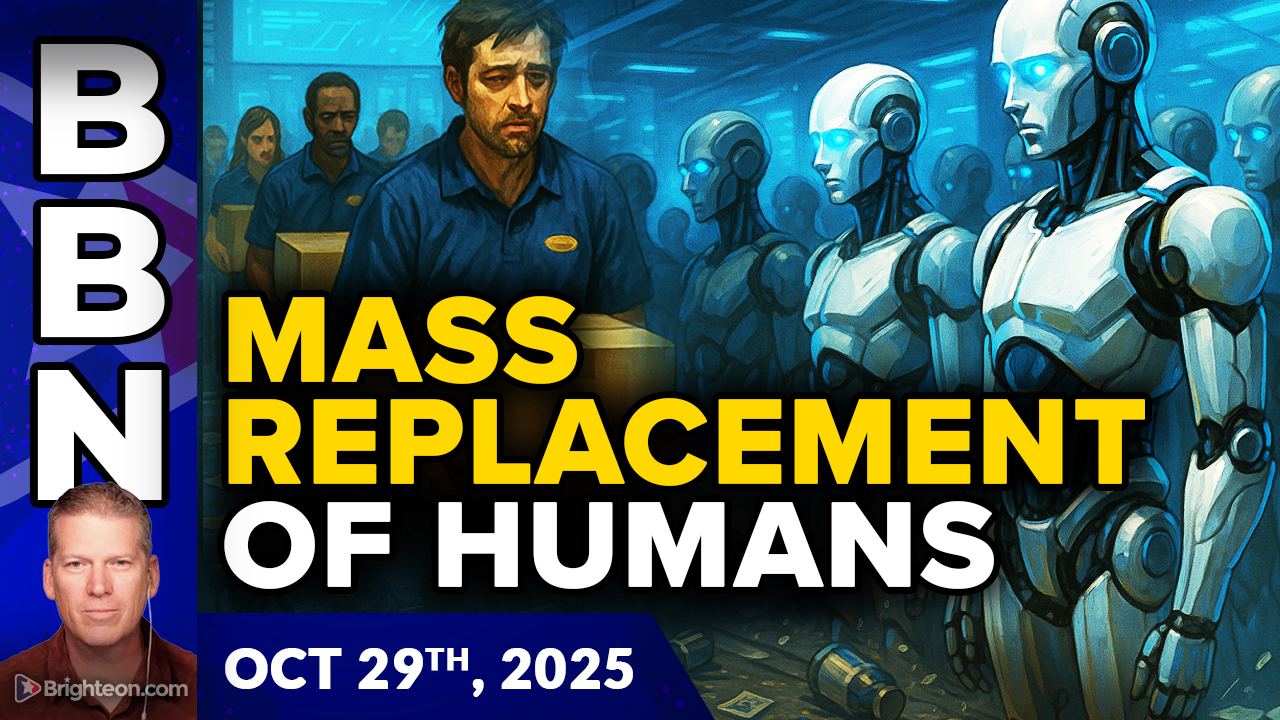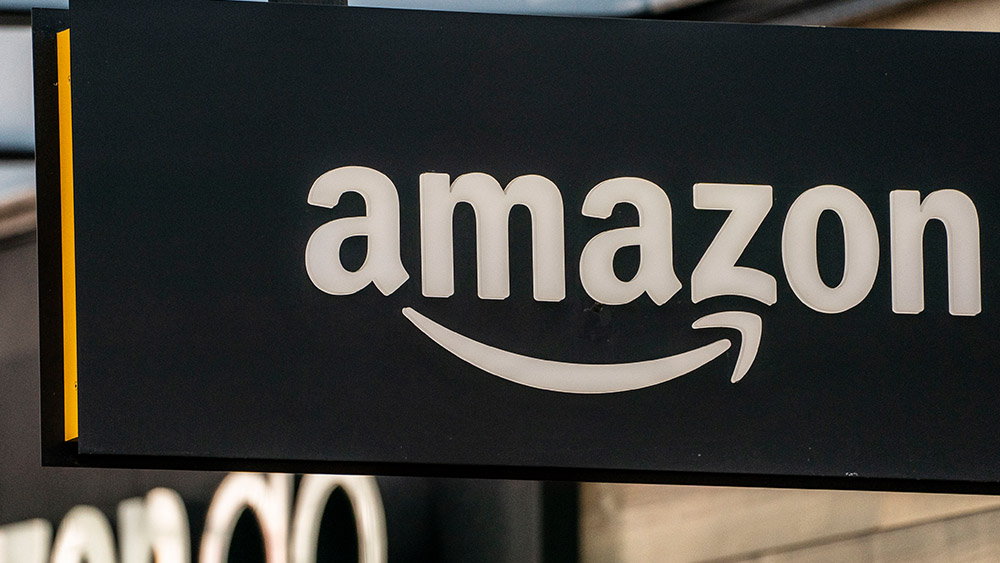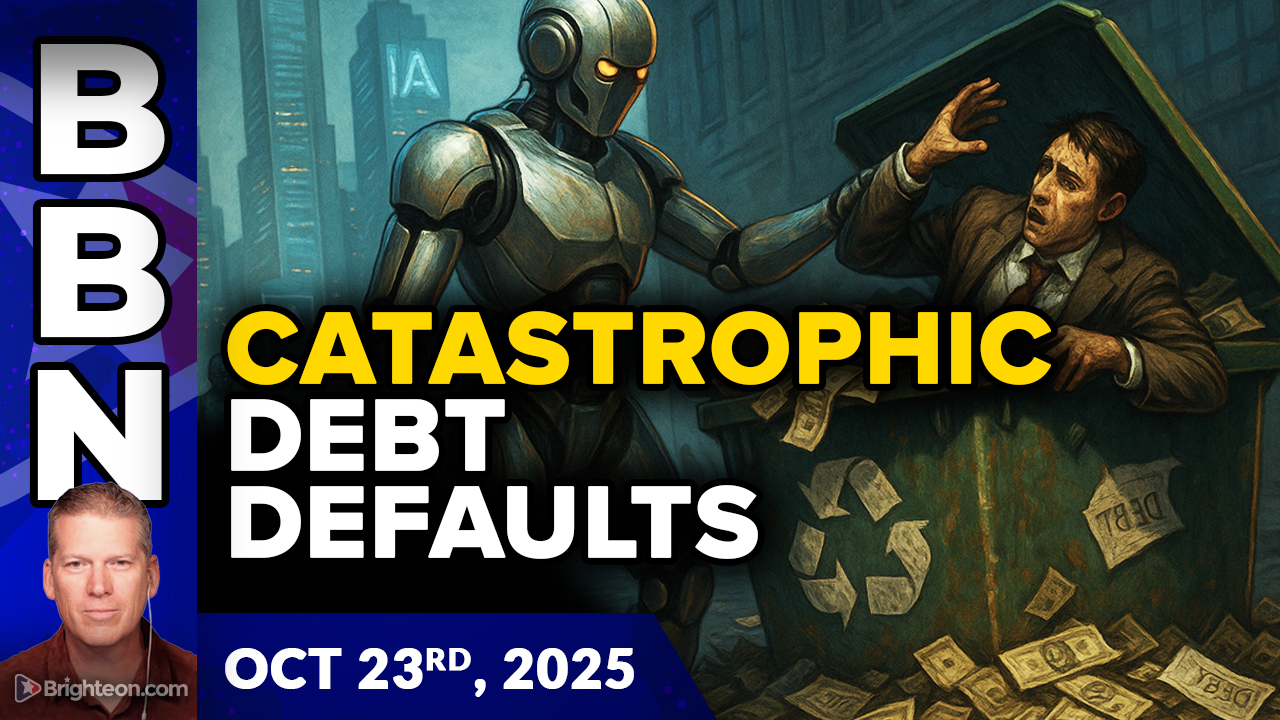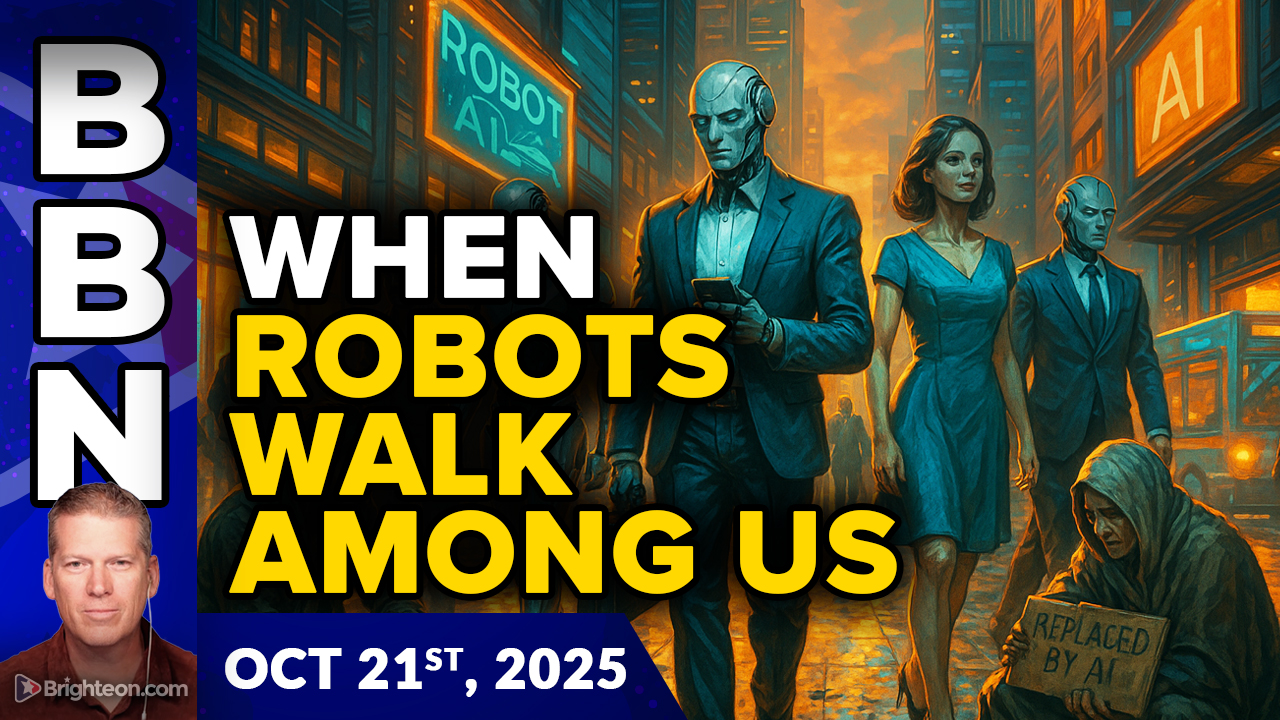Musk’s Grokipedia just shattered Wikipedia’s monopoly on “neutral” facts
10/29/2025 / By Willow Tohi

- Elon Musk’s xAI has launched Grokipedia, an AI-powered alternative to Wikipedia, with nearly 900,000 articles available on its first day.
- The platform aims to provide a counter-narrative to what Musk and supporters describe as the activist-driven bias and “propaganda” on Wikipedia.
- Early comparisons show divergent content on controversial topics like gender transition, with Grokipedia presenting more skeptical viewpoints.
- The launch reflects a broader ideological conflict over information control, as AI models increasingly rely on such sources for training data.
- As a “Version 0.1” product, Grokipedia currently mirrors some Wikipedia content verbatim but promises rapid, AI-driven evolution.
In a direct challenge to the established digital knowledge ecosystem, tech mogul Elon Musk launched Grokipedia on Monday, October 27. This new online encyclopedia, powered by artificial intelligence from Musk’s xAI company, positions itself as a truth-seeking alternative to Wikipedia, which Musk has repeatedly accused of succumbing to activist-driven bias and “legacy media propaganda.” With nearly 900,000 articles available at launch, Grokipedia enters the fray as a significant new player in the ongoing debate over who controls the narrative on contentious cultural and political issues, promising to purge ideological influence from factual reporting.
The genesis of a counter-encyclopedia
The impetus for Grokipedia crystallized over months of public friction between Musk and the Wikimedia Foundation. A pivotal moment occurred in January 2025, when Musk’s Wikipedia biography was edited to note that a gesture he made was “compared to a Nazi salute.” Musk denounced the characterization and the platform’s sourcing policies, arguing that Wikipedia’s reliance on what he terms “legacy media propaganda” as valid sources inherently skews its content. He subsequently called for donors to cease their support. The project accelerated this fall, with Musk announcing his intention to create a competitor and, within weeks, delivering a live product dubbed “Version 0.1.” On X, Musk framed the mission ambitiously: “The goal of Grok and Grokipedia.com is the truth, the whole truth and nothing but the truth.”
Contrasting philosophies in practice
The fundamental divergence between Grokipedia and Wikipedia is not merely technological but philosophical. Wikipedia, launched in 2001 and now the world’s seventh-most-visited website, relies on millions of human volunteers and enforces policies of “verifiability” and “neutral point of view.” Its sourcing is guided by a color-coded system that grades publications on reliability. Critics point out that this system often labels left-leaning outlets like MSNBC as “generally reliable,” while categorizing right-leaning or anti-establishment sources like Fox News as “marginally reliable” and ZeroHedge as “generally unreliable.” This, opponents argue, systemically excludes conservative and alternative perspectives from the encyclopedia’s vast pages. In contrast, Grokipedia is entirely generated by Musk’s AI, aiming to bypass human editorial bias and present information its system deems factual, even if it challenges conventional narratives.
Early comparisons reveal ideological divides
Within hours of launch, journalists and users began dissecting how the two platforms handle sensitive subjects. The entry on gender transition medicine became a prime example. While Wikipedia’s page states that scientific understanding of the subject “has existed for decades,” Grokipedia’s corresponding entry described the evidence base for medical treatments as “limited and of low quality.” Furthermore, Grokipedia’s page covered theories that the rapid rise in transgender identification may be influenced by “social influence or contagion,” a viewpoint largely absent from Wikipedia. On other topics, such as former Twitter CEO Parag Agrawal, Grokipedia’s entry highlighted Musk’s own criticisms, details not found on Wikipedia. These early contrasts underscore the project’s intent to offer a different interpretation of contested modern issues.
The high stakes of controlling knowledge
The battle between these encyclopedic models carries profound implications for the future of information. Wikipedia’s dominance means it serves as a foundational data source for many leading artificial intelligence models. If those models are trained on content perceived as ideologically slanted, critics worry the bias becomes embedded and amplified in the AI tools used by millions. Grokipedia’s AI-first approach represents a direct attempt to create an alternative training corpus. However, the new platform is not without its own initial contradictions. Many of its entries on non-controversial topics were found to be word-for-word identical to Wikipedia’s, a temporary measure Musk has acknowledged and pledged to rectify by the end of the year.
An evolving challenge to the status quo
As Grokipedia evolves from its initial 0.1 version, its impact on the digital landscape remains to be seen. Musk has promised that “Version 1.0 will be 10X better,” indicating a commitment to rapid, AI-driven improvement. The platform’s launch signifies more than just a new website; it is a manifestation of a growing demand for alternatives to traditional institutions perceived as captured by a singular worldview. For advocates of free speech and ideological diversity online, Grokipedia represents a formidable challenge to a long-entrenched information monopoly. Whether it can achieve its stated goal of delivering unvarnished truth on a massive scale will be one of the defining tech and culture stories to watch, as the very definition of reliable knowledge is contested in the public square.
Sources for this article include:
Submit a correction >>
Tagged Under:
artificial intelligence, bias, Big Tech, computing, cyber war, cyborg, Elon Musk, future science, future tech, Glitch, Grok, information tech, inventions, legacy media, progress, propaganda, robotics, robots, tech giants, technocrats, Wikipedia, xAI
This article may contain statements that reflect the opinion of the author
RECENT NEWS & ARTICLES
COPYRIGHT © 2018 CYBORG.NEWS
All content posted on this site is protected under Free Speech. Cyborg.news is not responsible for content written by contributing authors. The information on this site is provided for educational and entertainment purposes only. It is not intended as a substitute for professional advice of any kind. Cyborg.news assumes no responsibility for the use or misuse of this material. All trademarks, registered trademarks and service marks mentioned on this site are the property of their respective owners.



















